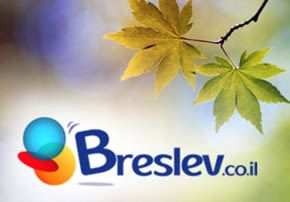
Teaching Children to Appreciate the Mitzvot
Who knows how to best operate a machine? The one who created the machine, or the one who uses the machine?

STEP TWO – Teaching children to appreciate the mitzvot that Hashem has so graciously given us.
In my last article I discussed the importance of tangibly showing children the beauty of praying to our Father in heaven. Once we have accomplished this, and our children are accustomed to beginning their day with tefillah (prayer), they will automatically be aware that everything comes from Hashem. Since they know that they can always depend on Hashem to take care of them, they will develop a deep sense of inner-security and joy. Through realizing Hashem’s omnipotence (Adon Olam), they will feel secure. As it states in the last part of Adon Olam – “Hashem li v’lo eerah,” “Hashem is with me and I have no fear.”
During childbirth, I would say this phrase to myself. It helped to ease my discomfort!
* * *
While teaching my second grade students about the different brachot (blessings), I presented them with a beracha coloring book. One mother told me that the previous night, during an extremely noisy and violent thunder storm; her usually timid and easily frightened son surprised her by not coming into her bedroom. She went to his room to see if he was all right. From the doorway she witnessed her son take out the beracha coloring book that I had given him, and turn to the page containing the prayers to be said upon hearing thunder or seeing lightning. He fervently recited the blessings, put the coloring book back in its place and, with full trust that the Almighty would take care of him, he returned to his bed and went straight to sleep.
In “Precious Jewels,” page 52, I write, “An appreciation for mitzvot taught the children that all our actions are dictated by the Torah and consequently take on special meaning.” How do we bring alive that concept, and then use it to develop midot tovot, good character traits? Through personal experiences and stories depicting our love of mitzvot! (“Precious Jewels,” has an entire chapter containing stories illustrating the concept of “Appreciation for Mitzvot.”)
Who knows how to best operate a machine? The one who created the machine, or the one who uses the machine? The one who created the machine, of course, because the one who created the machine understands every aspect of it and how it works. The same concept applies to us. Who knows us best? Our Creator, Hashem! Hashem created us; therefore Hashem knows what is best for us. When the Almighty gave us the Torah on Mount Sinai, He was giving us a guide to life. The Torah teaches us how to do the mitzvot so that we can remain pure, holy, and happy throughout our lives.
The Midrash illustrates this idea with an allegory:
When Moshe Rabbeinu (Moses) went up to Har Sinai (Mount Sinai) to receive the Torah, the angels protested. They did not want the Torah to leave heaven. They argued that since people would forget to learn Torah, and the Torah would feel neglected; the Torah should remain in the heavens, where it would be appreciated for its true value.
Hashem turned to Moshe Rabbeinu, and asked him what he had to say about that. Moshe Rabbeinu replied that he was afraid that if he were to speak, the angels might harm him. Hashem commanded Moshe Rabbeinu to hold on to His throne, since then they would not be able to do him any harm.
At my granddaughter’s bat mitzvah, I blessed her that she should always do mitzvot with simcha, joy, and then shared this Midrash with her. I added, “When Hashem told Moshe Rabbeinu to grab onto His throne, Hashem was really telling Moshe Rabbeinu, ‘My children, if you hold on to Me and My mitzvot, no one will be able to harm you. If you keep the mitzvot b’simcha, in joy, you will be rewarded with a life of joy. Since you are constantly doing mitzvot, every moment of your life will be overflowing with simcha, joy.”
Moshe Rabbeinu grabbed hold of Hashem’s Holy Throne and said, “Malachim (angels), you are perfect. You do not have a yetzer hara, a bad inclination, to stop you from doing mitzvot. You live in the heavens and always know the right thing to do. We, however, are human beings. We live on Earth. We just left the land of Mitzrayim, Egypt. Although we are now free, we do not know the proper way to behave. We need guidance. We need something that will give us the inner strength needed to combat the yetzer hara. Without the Torah, how could we know what is right and what is wrong? We need the Torah to teach us how to live.”
Hashem said to the angels, “Moshe Rabbeinu is right. My children on Earth will need something to help them to go through life properly. Do not worry. My children will never forsake the Torah. They will teach it to their children, and their children will teach it to their children for generations forever. That is their promise to Me. Even if they are busy during the week making a livelihood, and cannot learn as much as they would like to, on Shabbat they will always learn the Torah and have pleasure from the Torah. The more they will learn, the more they will realize the true value of the Torah!” (Read the story, Respect for HaKadosh Baruch Hu, “Precious Jewels” page 54.)
If a person walks in the dark, he stumbles and falls. But if he has a flashlight, he will see the path and not stumble. The same is true with the Torah. If a person does not learn, he will not know the proper way to live, and he will make many mistakes. But if he learns Torah, the Torah will light his way; it will show him the proper way to live. Doing mitzvot will keep him busy and happy. Just as it’s a parent’s greatest joy to see his children grow up to become responsible, contributing, good adults, Hashem, too, takes great pleasure when we live a meaningful and good life. (Read the stories: Mitzvah Goreres Mitzvah, page 55; Aveirah Goreres Aveirah, page. 56; Reb Moshe Leib’s Selichos, page. 57 and Reb Yisrael Salanter’s Thoughtfulness, page. 59 in “Precious Jewels.”)
Bringing Alive Concepts through Personal Experiences
My daughter once arrived home from school and said, “Mama, my teacher told us that Rosh Hashanah is a very serious and frightening holiday.”
I teach my children differently. I explain that on one hand Rosh Hashana is a serious Yom Tov because Hashem judges us and therefore we daven, pray, to have a happy and healthy judgment. However, on the other hand, Rosh Hashana is a happy Yom Tov because we do teshuva and when we do teshuva, Hashem erases our sins. We begin the New Year completely fresh, with a clean soul. Illustrate this idea to your children by making some lines on paper and then erasing them. This will help them to visualize how their souls become clean on the New Year!
It’s a good idea to tell our children stories about doing good deeds, chessed. It’s also a good idea to tell our children about the chessed that we, ourselves do. This invariably leads to a lively discussion where the children and I would take turns relating our own chessed experiences. Implanting an awareness of chessed is instrumental in developing our children’s middot tovot, good character traits.
To be continued…




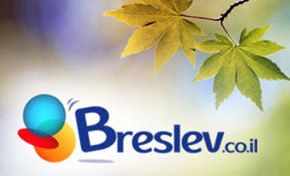
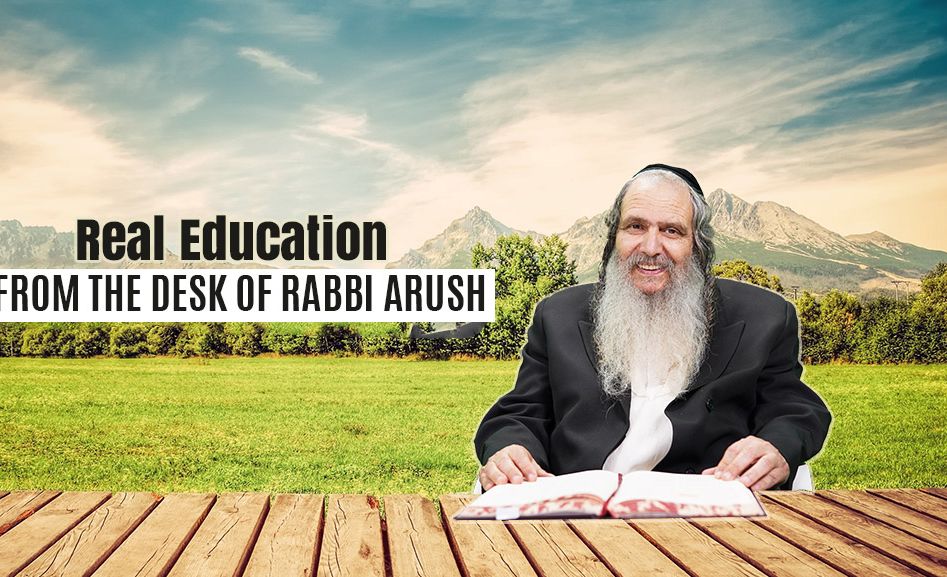
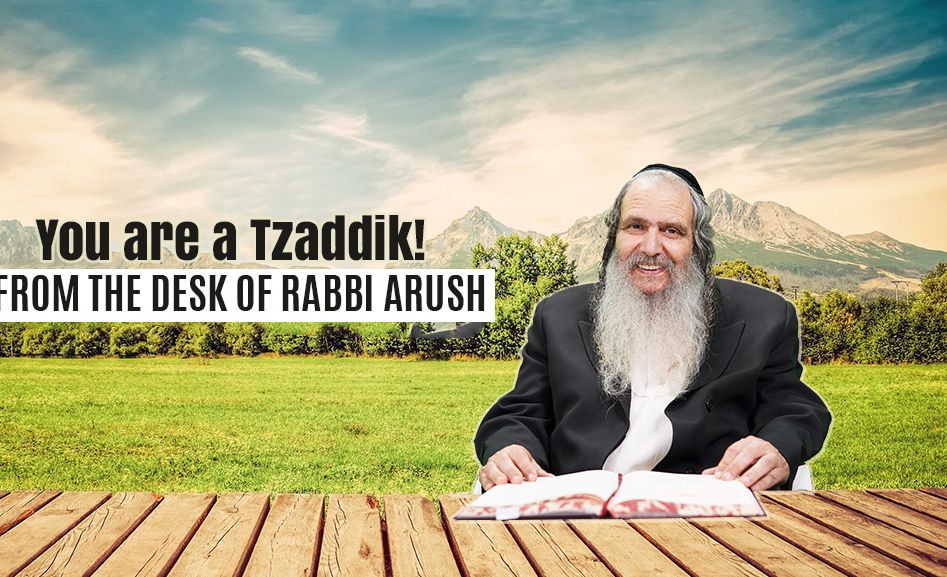
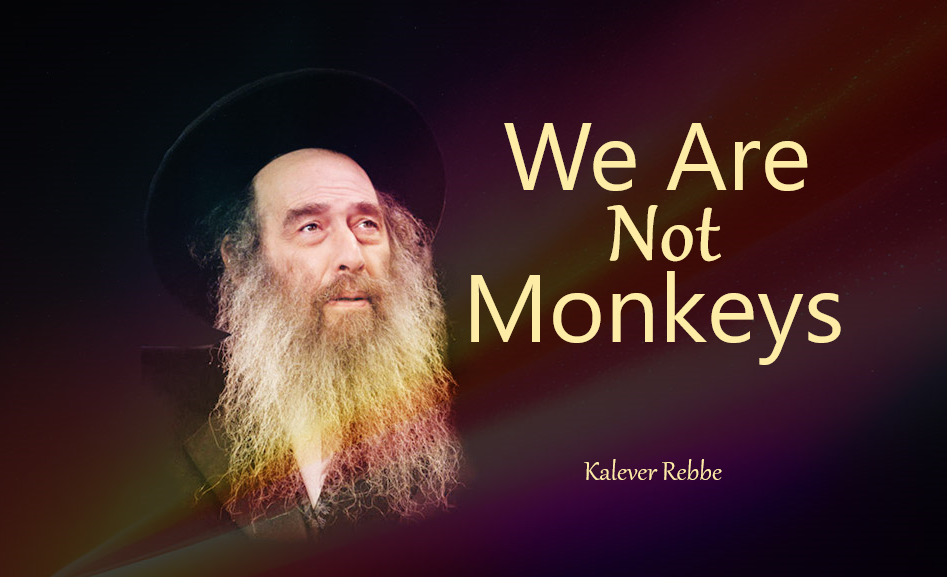
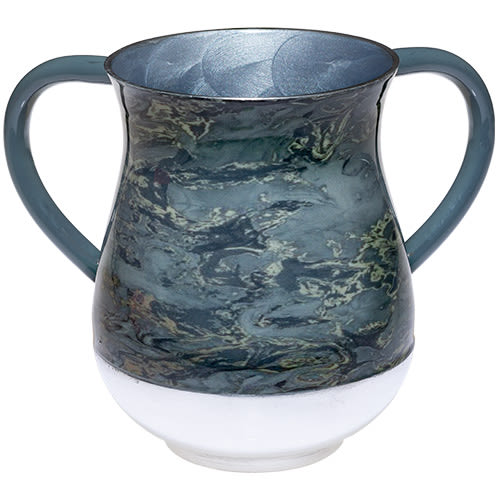
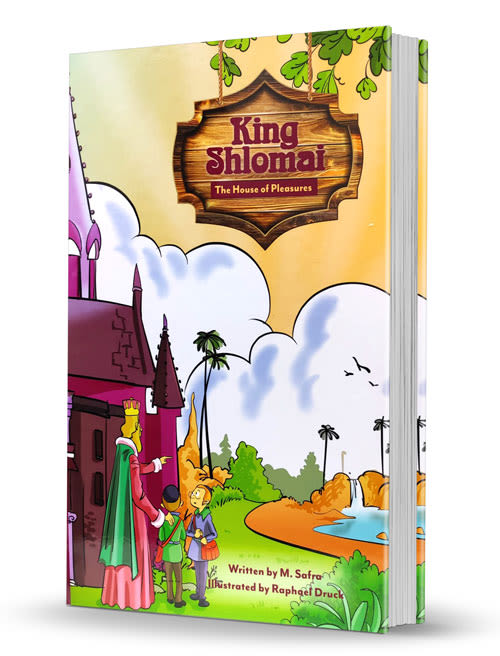
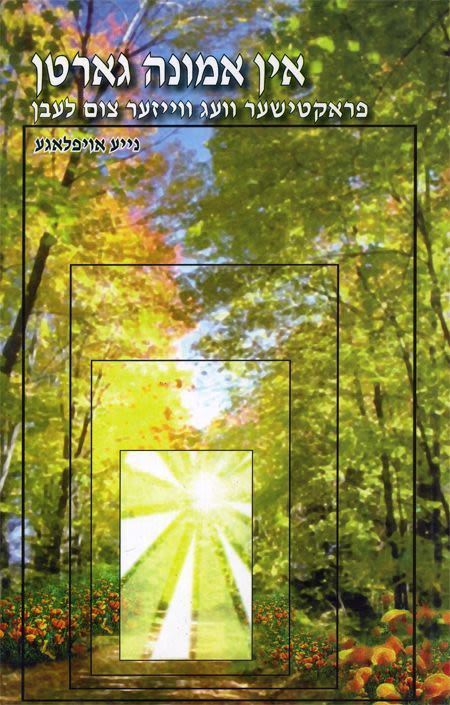
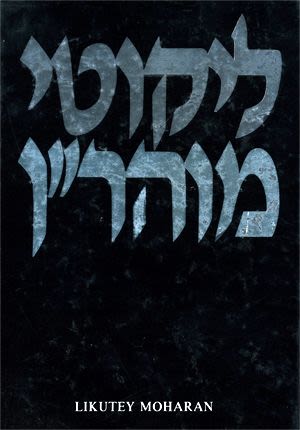
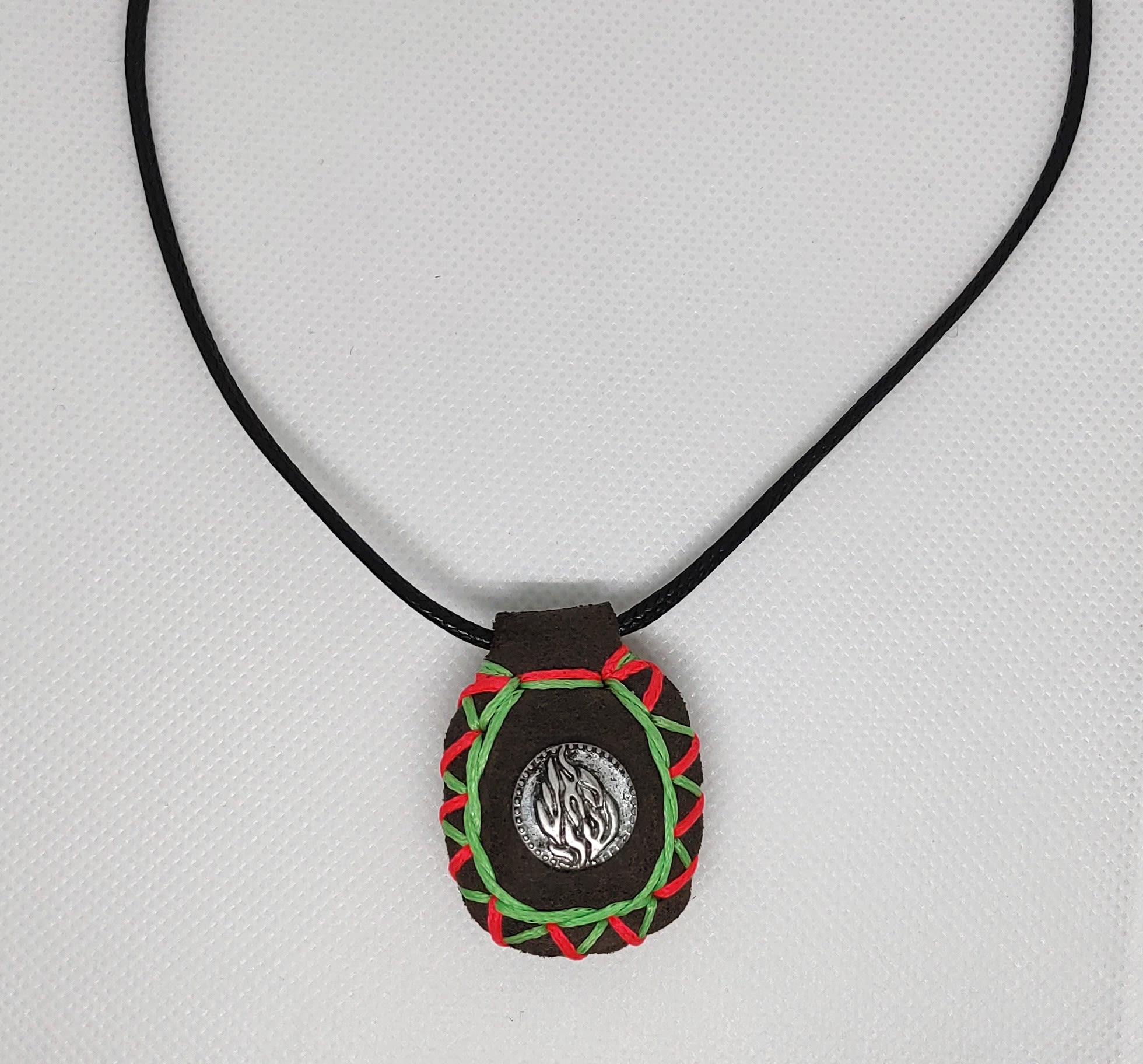
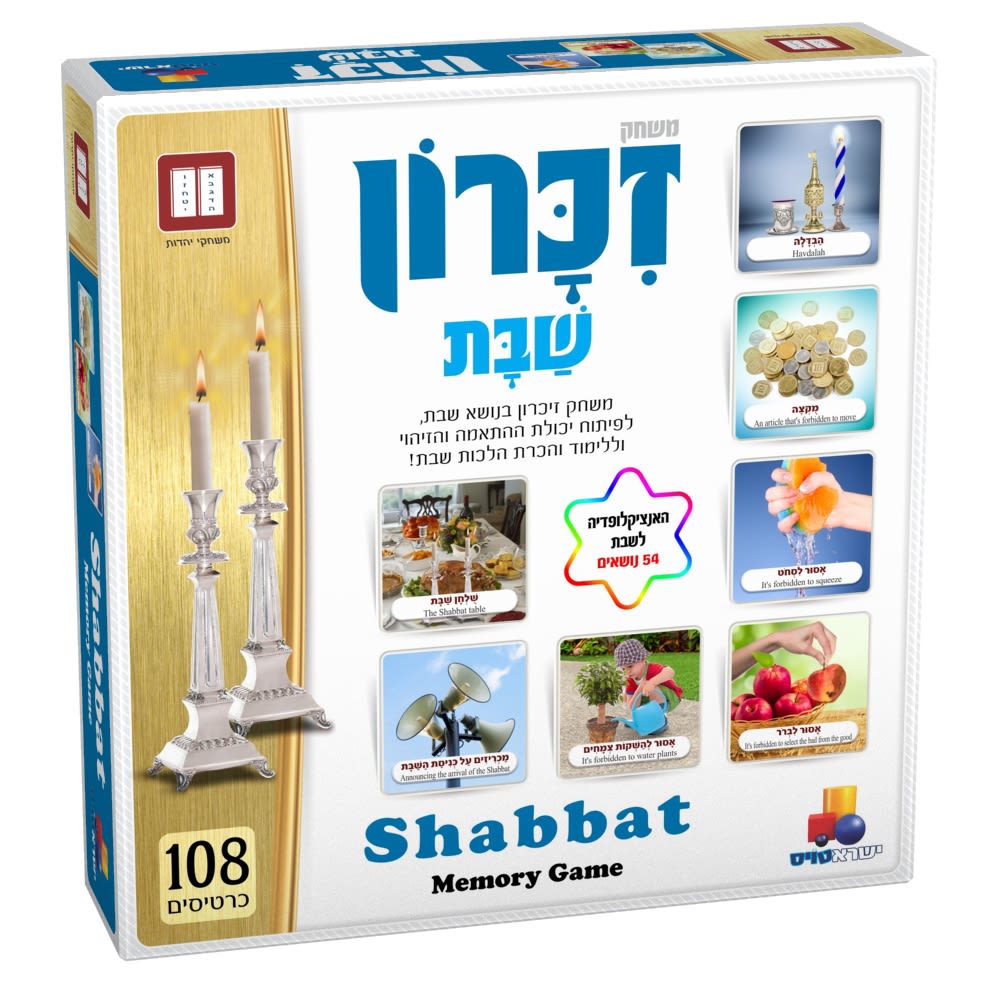
Tell us what you think!
Thank you for your comment!
It will be published after approval by the Editor.